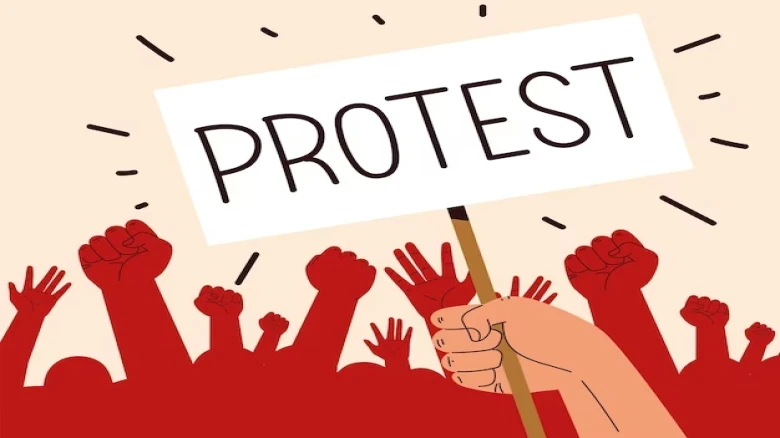Article

A tribal rights organization and individual activists have raised their voices against the recent leasing of forestland in...
Digital Desk: A tribal rights organization and individual activists have raised their voices against the recent leasing of forestland in Odisha to Vedanta and the Adani group for bauxite mining. The Mulniwasi Samajsevak Sangh (MSS) held a news conference in Delhi, demanding the revocation of an amendment to the forest laws and the withdrawal of cases against tribal youths who have been charged with serious offenses.
The controversy revolves around an amendment to the Forest Conservation Act enacted in July, which allows the government to lease forestland to private companies without seeking the consent of gram sabhas, local village assemblies. Forestland has been leased to Vedanta in the Sijimali hills of Rayagada district and to the Adani group in the Kutrumali hills straddling the Rayagada and Kalahandi districts.
At the news conference, prominent lawyer Colin Gonsalves, Delhi University faculty member Jitendra Meena, and MSS leader Madhu criticized the Narendra Modi government for amending the Forest Conservation Act. Gonsalves pointed out that under the previous law, gram sabha consent was mandatory for leasing any area from a notified or non-notified forest. However, the recent amendment has waived this requirement for non-notified forest areas.
Madhu alleged that the Odisha government had granted mining leases illegally in February, likely in anticipation of the central government amending the act. He stressed that these mining projects would result in the displacement of 180 villages and impact around 2 lakh tribal people.
Gonsalves remarked, "The central government amended the forest law to help corporate groups take over tribal land." Madhu added that the state police had arrested 22 tribal protesters over the past month, with nine of them charged under the Unlawful Activities (Prevention) Act (UAPA). Shockingly, charges like "attempt to murder" and "UAPA" have been brought against the protesting tribals.
Vedanta's history in Odisha is marked by controversy. A decade ago, Vedanta was forced to abandon its mining plans in the Niyamgiri hills of Odisha after the Supreme Court ruled in 2012 that permission from local gram sabhas was a prerequisite. "The next year, 12 gram sabhas in the Niyamgiri hills rejected Vedanta's mining proposal," said Biswa Priya Kanungo, a human rights activist and lawyer.
In response to the protests, a senior Vedanta official dismissed them as "politically motivated" and emphasized the company's focus on rehabilitation and resettlement. Calls to Rayagada superintendent of police Vivekanand Sharma remained unanswered, and Odisha's steel and mines minister Prafulla Kumar Malik stated that they were not aware of the tribal communities' demands.
The contract for mining at Sijimali has been awarded to Mythri Infrastructure and Mining India Pvt Ltd. According to an FIR filed by Mythri, when its employees arrived in Sijimali with government officials for an inspection on August 12, tribal protesters allegedly threw stones at them.
The controversy surrounding the forestland lease in Odisha highlights the ongoing struggle for tribal rights and the protection of the environment in India. As activists and tribal communities continue to demand justice and the preservation of their lands, the situation remains tense, with the future of these mining projects hanging in the balance.
Leave A Comment